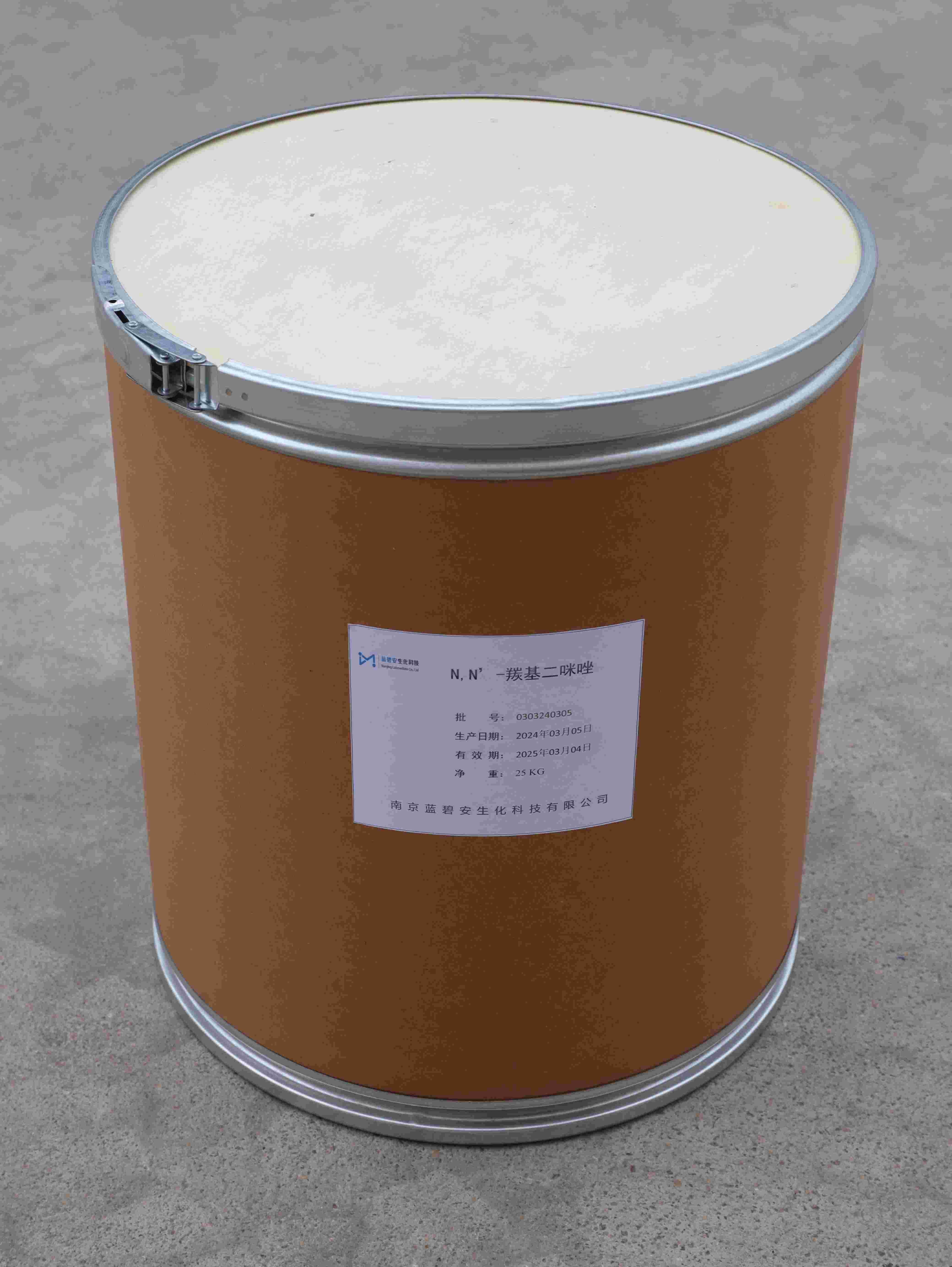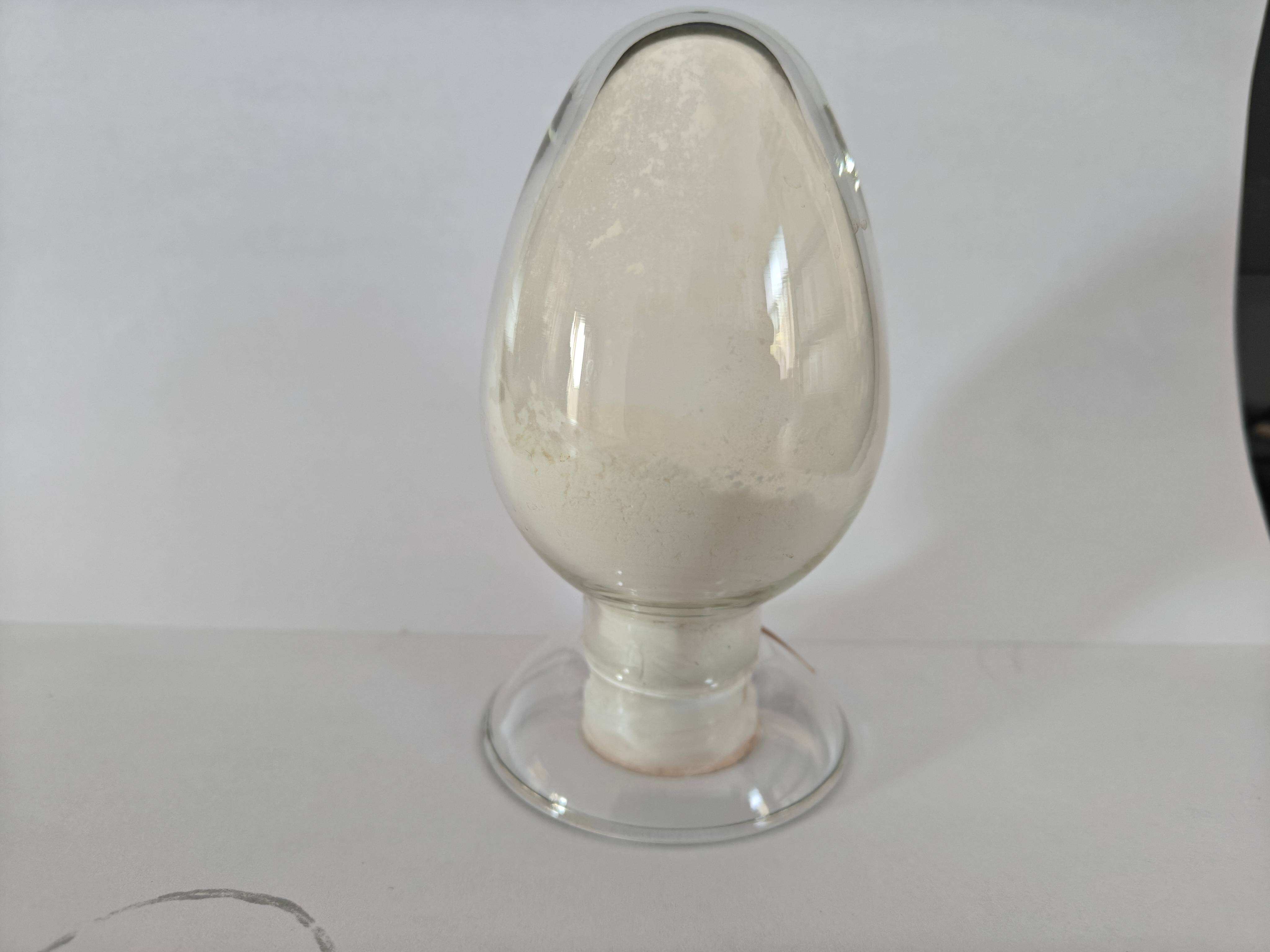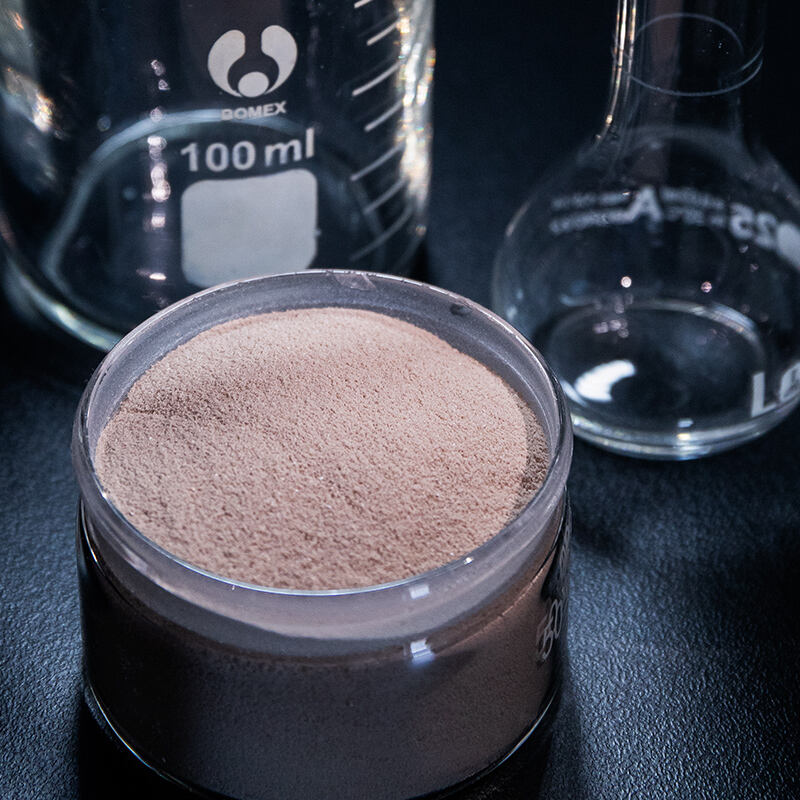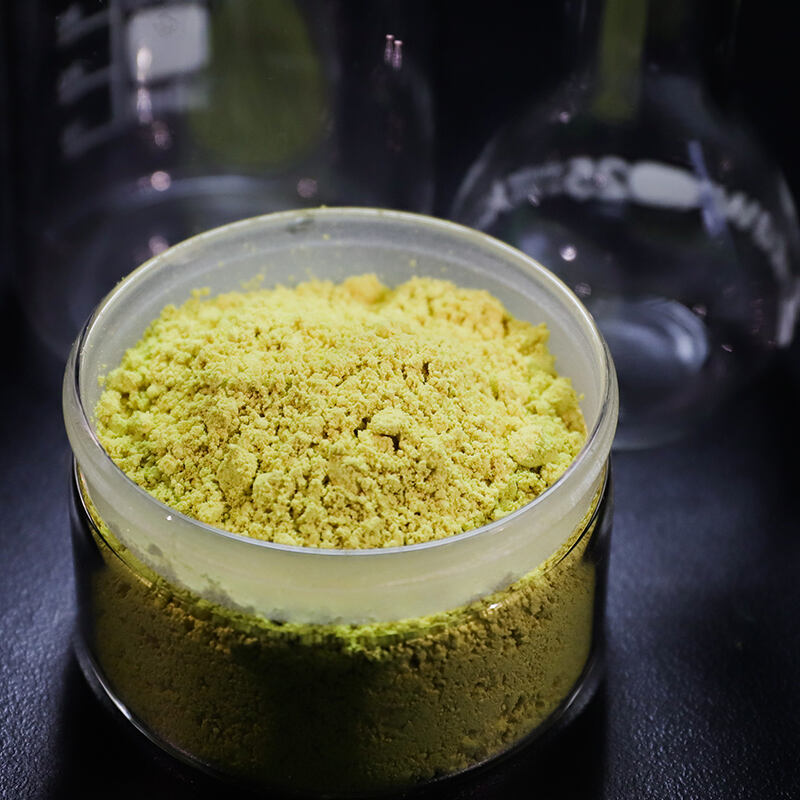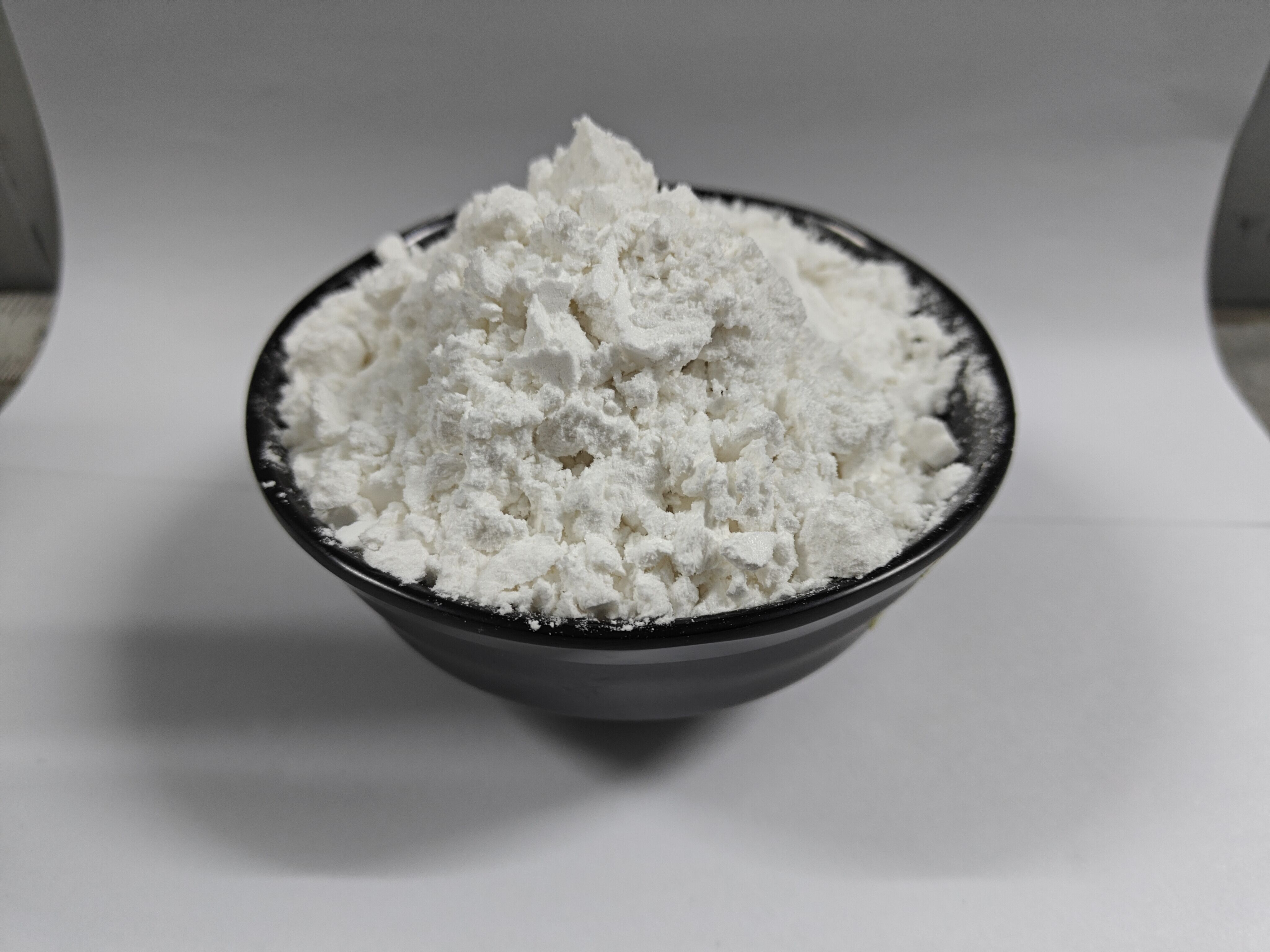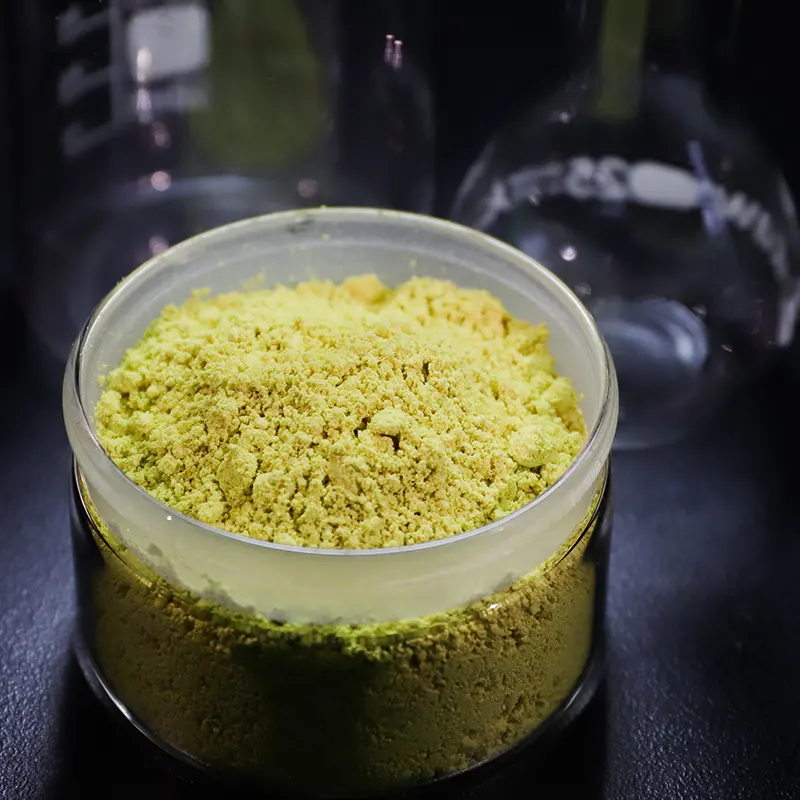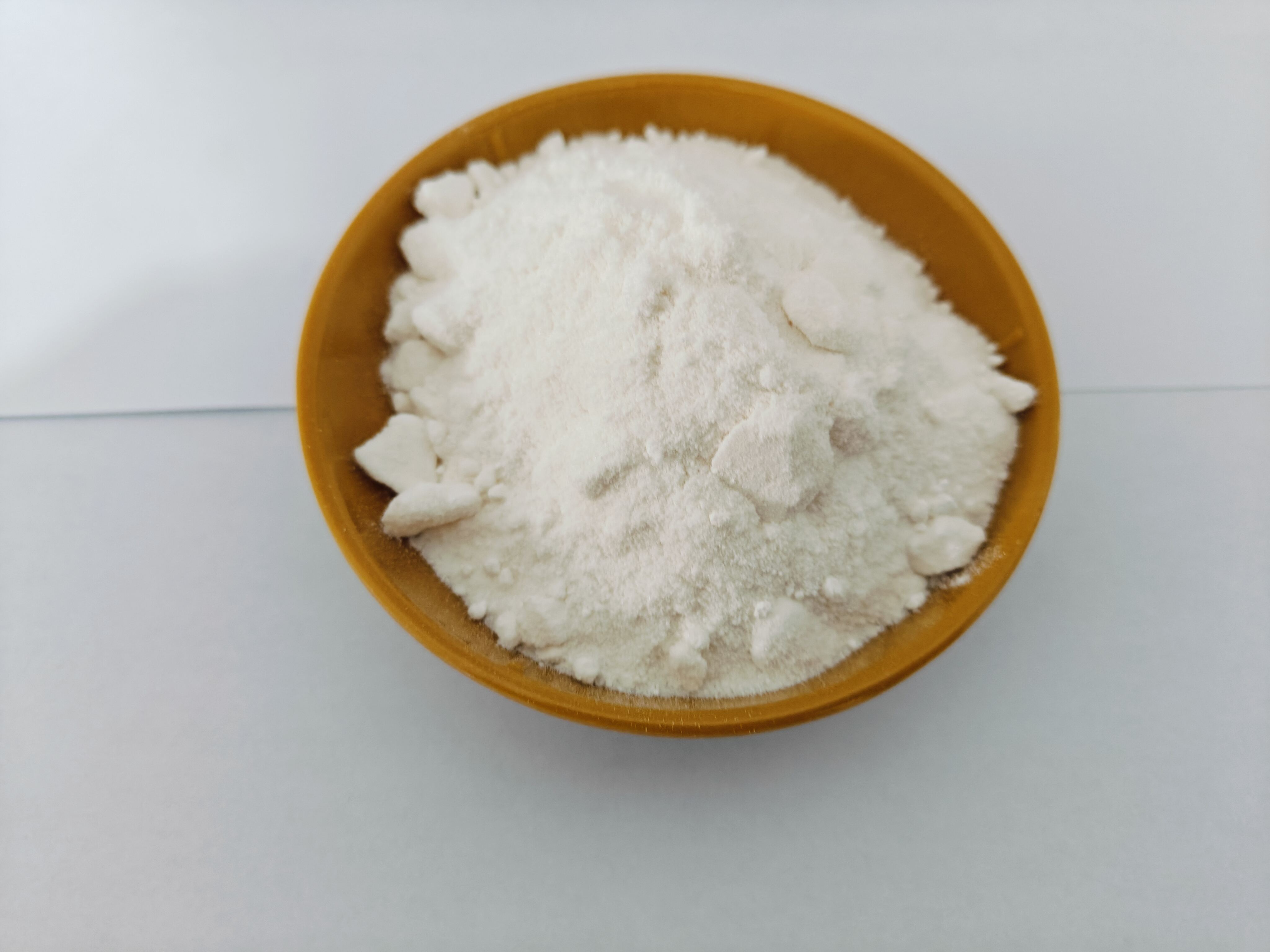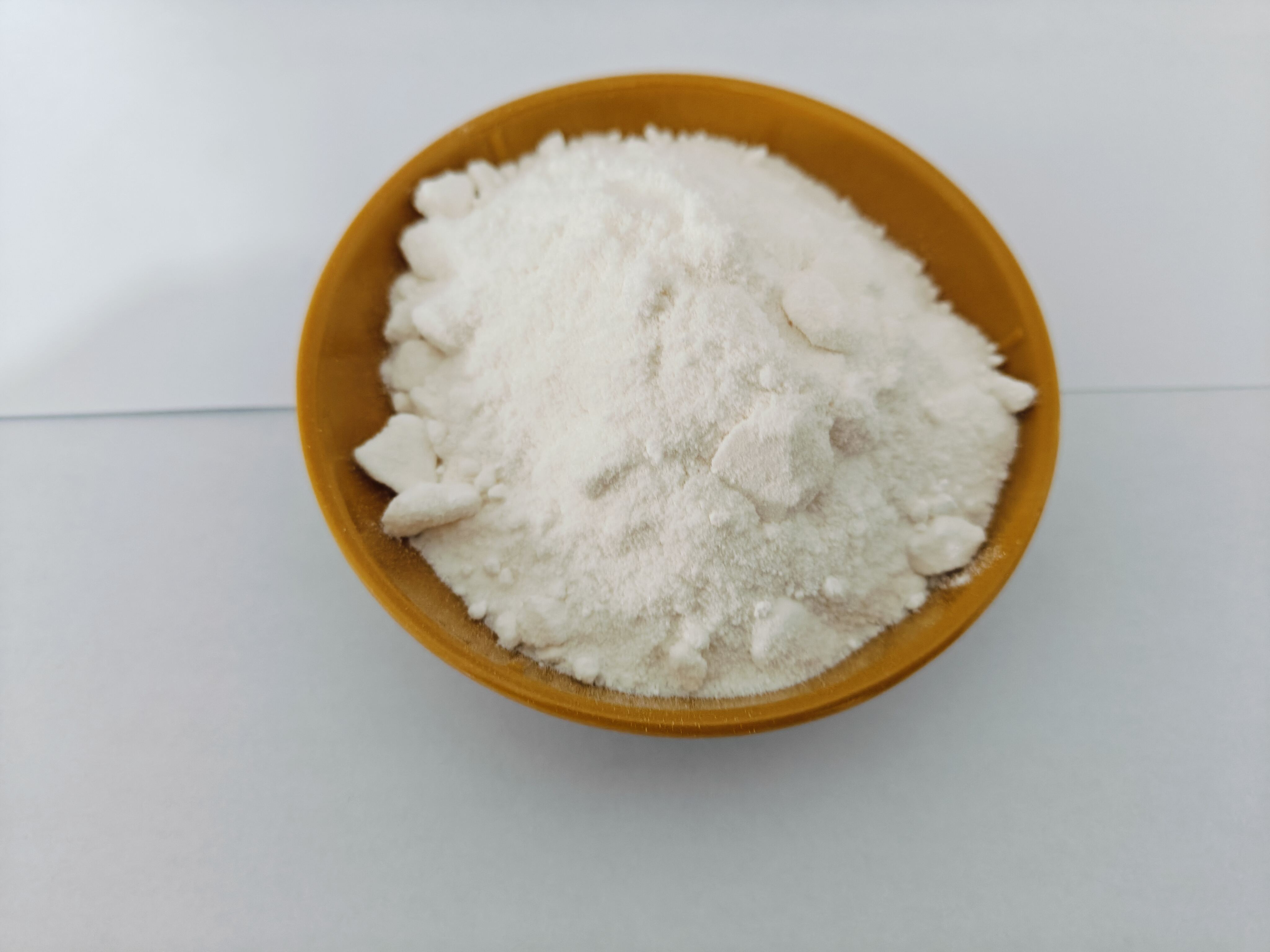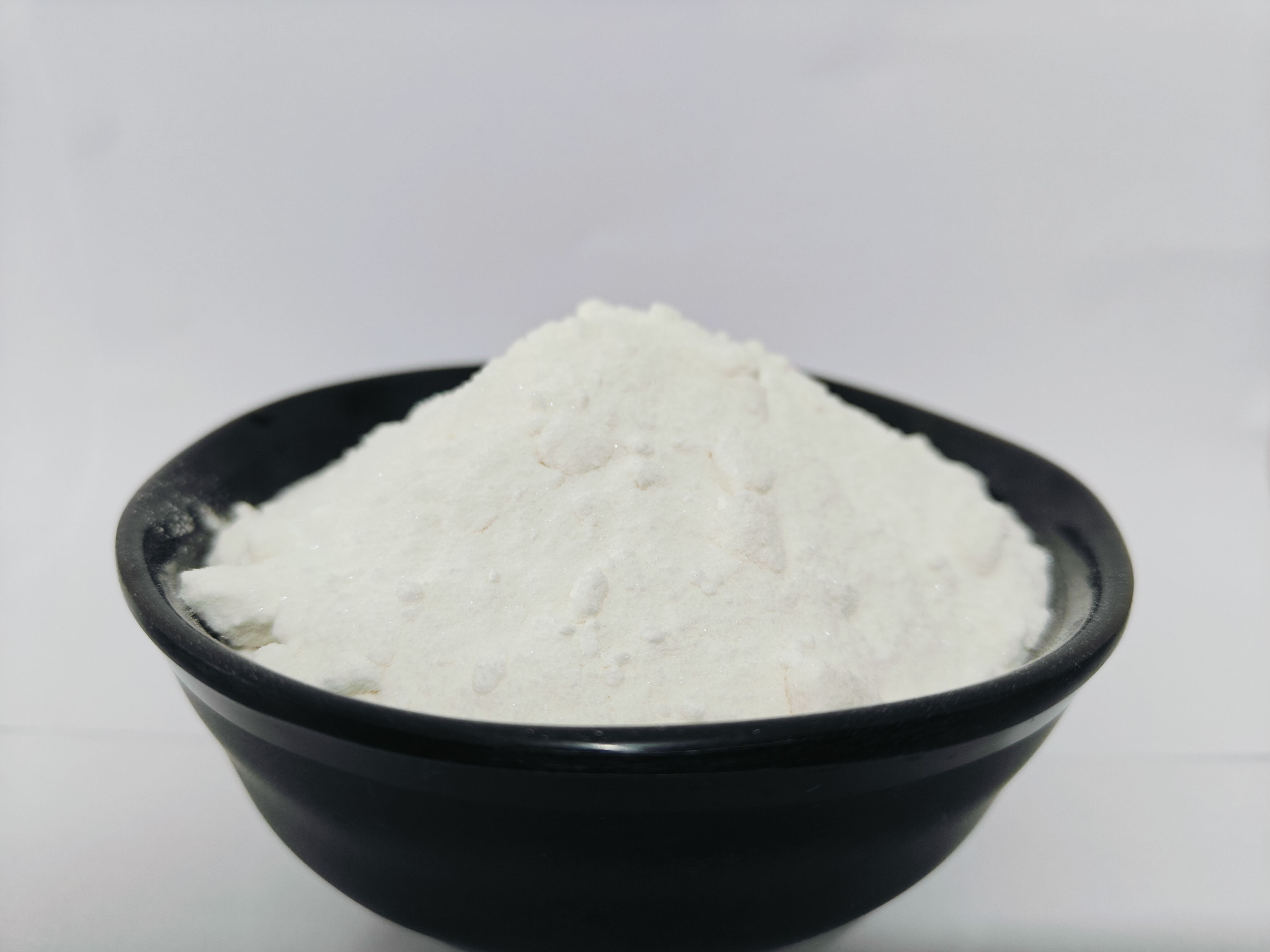koefficient för termiska expansioner
Den termiska expansionskoefficienten är en grundläggande fysikaliska egenskap som mäter hur material förändras i storlek eller volym som svar på temperaturvariationer. Denna viktiga parameter spelar en viktig roll i teknik, konstruktion och tillverkningsprocesser. Koefficienten kvantifierar den fraktionella storleksförändringen per grad av temperaturförändring, vilket gör det möjligt för ingenjörer och designers att förutsäga och redovisa dimensionella förändringar i material under olika termiska förhållanden. I industriella tillämpningar är förståelse för termisk expansion avgörande för att utforma allt från broar och byggnader till precisionsinstrument och elektroniska enheter. Koefficienten varierar kraftigt mellan olika material, med metaller som vanligtvis visar högre expansionshastigheter än keramik eller plast. Denna egenskap blir särskilt viktig i tillämpningar där temperaturfluktuationer är vanliga, eftersom den hjälper till att förhindra strukturella fel, upprätthålla exakta justeringar och säkerställa korrekt funktion av komponenter. Modern teknik är starkt beroende av exakta beräkningar av den termiska expansionen för att säkerställa säkerhet, tillförlitlighet och optimal prestanda för olika system. Mätningen och tillämpningen av koefficienten har blivit allt mer sofistikerad med avancerad materialvetenskap, vilket möjliggör mer exakt kontroll och förutsägelse av materialets beteende under varierande temperaturförhållanden.

